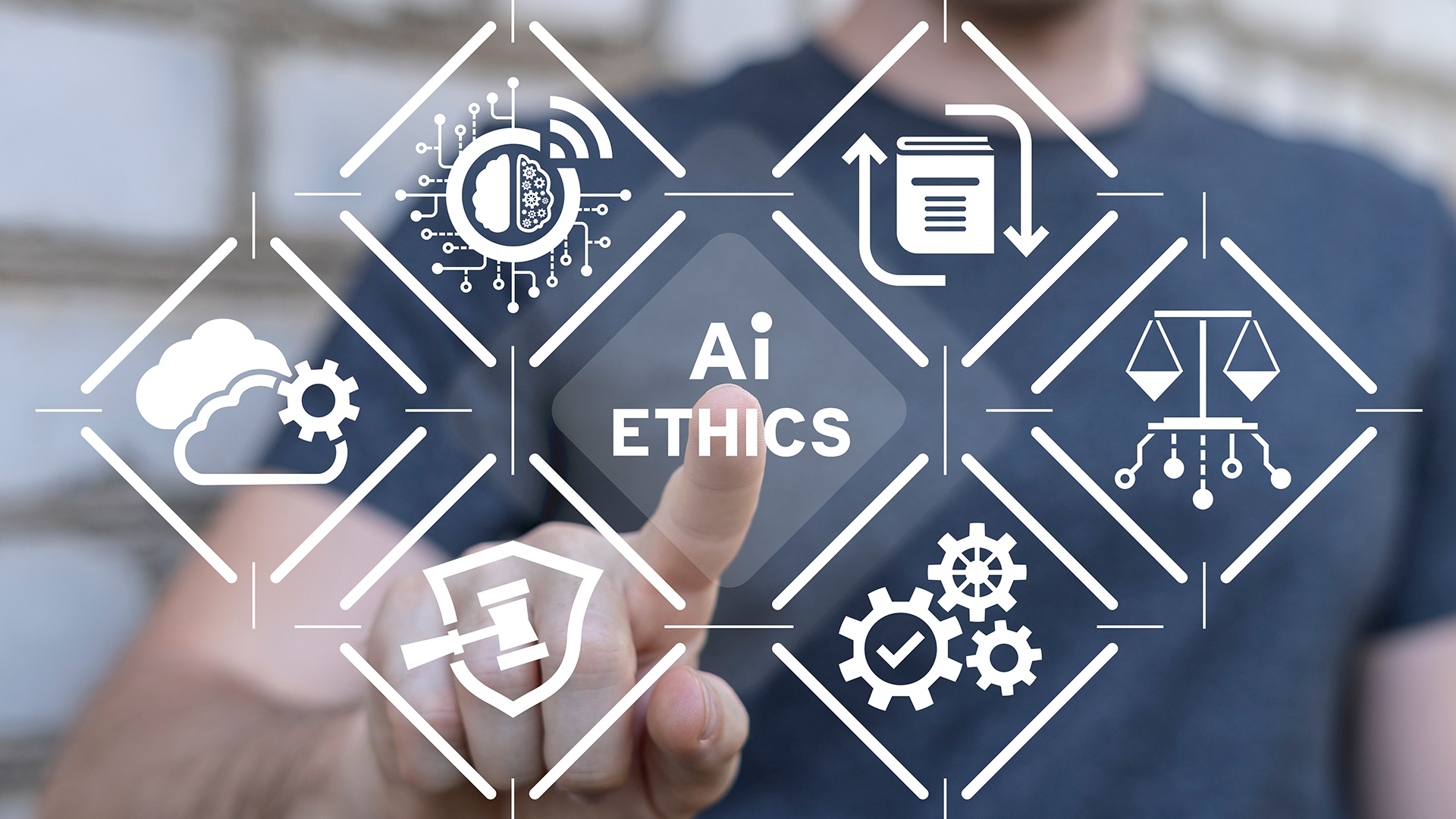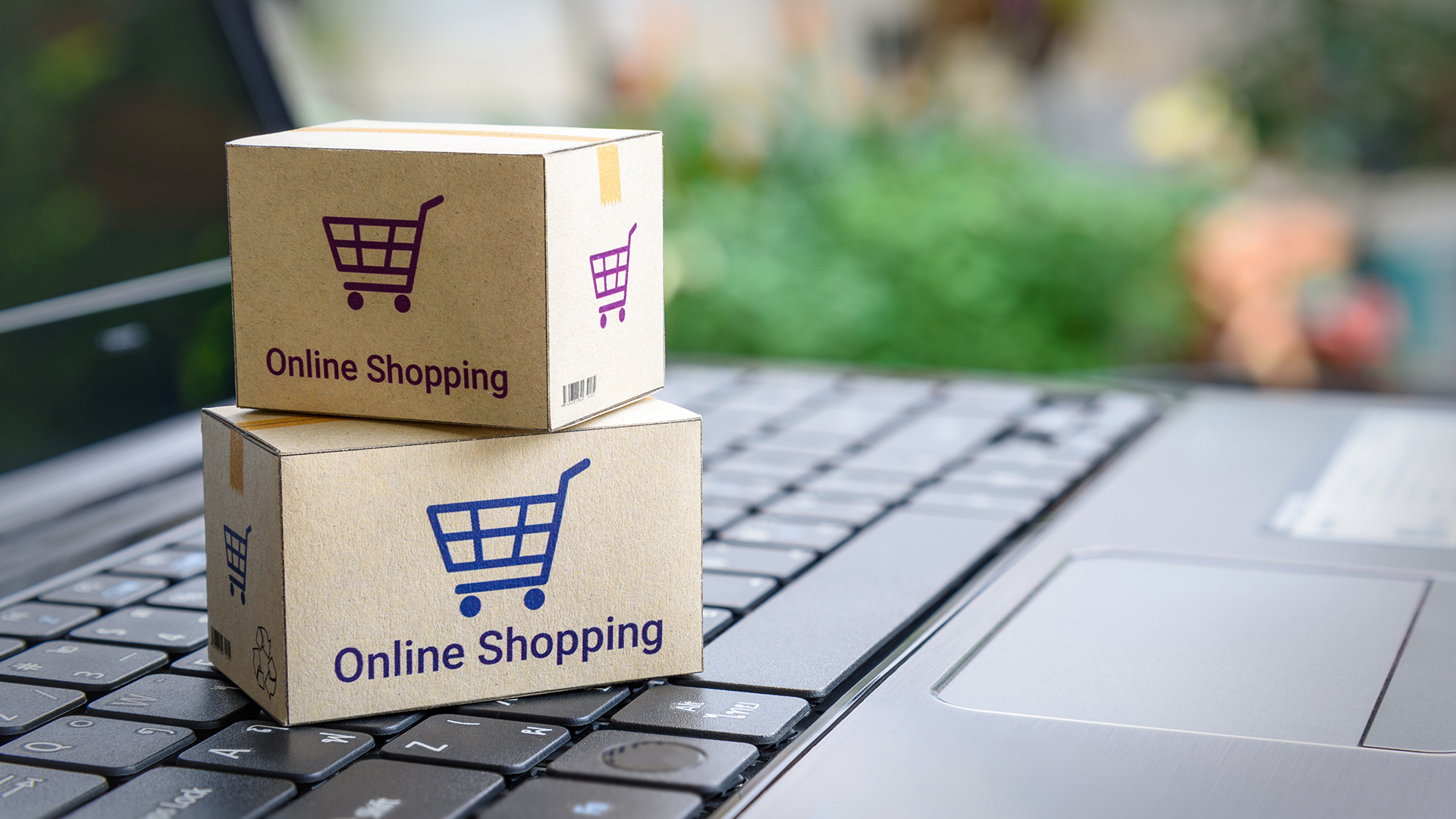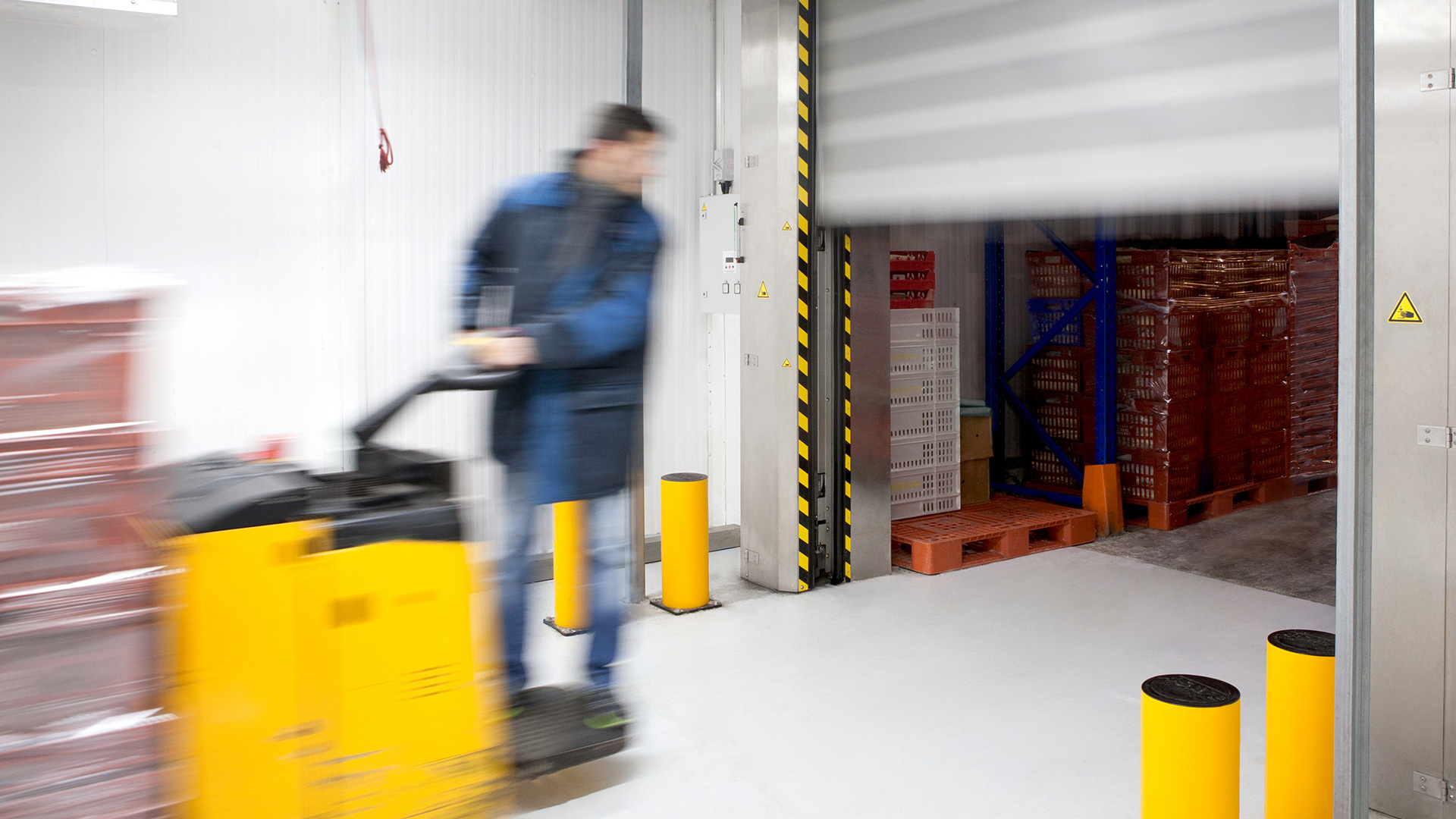AI Ethics in Logistics: How Technology Impacts Customer Trust
- 25 April 2025
- 9 min to read
- 257 views

The logistics industry has always been built on precision. But now, that precision is increasingly driven by algorithms instead of people. Artificial intelligence is stepping in to handle everything from warehouse operations to delivery schedules. It’s not a technical tweak, but a sweeping transformation.
Yet with all this progress comes a natural question. Can customers trust a process where decisions are made by systems instead of individuals? The answer doesn’t lie in the technology itself, but in how responsibly it’s implemented.
Why Trust Needs Clarity, Not Complexity
Many AI systems operate in ways that aren't immediately clear. Customers may get updates like “Your parcel is delayed” without understanding the reasoning behind it. When delays happen or prices fluctuate and there’s no explanation, uncertainty grows.
That’s why transparency is a non-negotiable element of AI ethics in logistics. People don’t need to see the source code behind every decision. But they should know, in simple terms, why something happened. Saying that a shipment was delayed because the system predicted road congestion feels more human than silence.
Inside the company, regular evaluations of AI decisions help ensure fairness. This practice not only builds customer trust but also keeps the system aligned with evolving regulations.
Bias Quietly Shapes Decisions
Artificial intelligence learns from historical data. If that data reflects unequal patterns, the AI can unintentionally repeat them. For example, if the system sees faster delivery patterns in wealthier neighborhoods, it may start allocating more resources there without considering the social impact.
Similarly, product availability might become skewed if the algorithm directs stock only to locations with higher previous sales. These imbalances are rarely intentional, but they still shape real-world outcomes.
To counteract this, businesses must intentionally train their systems on a wide range of data. It’s not enough to rely on “what’s worked before.” AI must be exposed to the full variety of customer behavior, geography, and context. That’s the only way to avoid ethical blind spots.
The Numbers Show a Trust Gap
A recent study found that just 35% of U.S. consumers believe companies use their data ethically. For logistics firms that rely heavily on customer data, that’s a troubling figure.
The implication is clear. Without strong ethical foundations, technology risks creating more anxiety than convenience. Customers want to feel informed, not processed. They want choice, not assumption. Respecting data means explaining its purpose and giving people a sense of control.
When AI Forgets People Have Lives
Artificial intelligence is fantastic at optimizing delivery times. But it often doesn’t account for human nuance. Let’s say an AI system delays a delivery until the next day to avoid evening traffic. That might be logical from a technical standpoint. But what if the customer stayed home all day expecting the package?
This kind of situation shows that even the smartest systems can miss the mark. Logistics still needs people who can apply common sense. A human touch can override decisions that might make logistical sense but fail in terms of customer experience.
You could say that technology sets the table, but it’s humans who still need to serve the dish.
Smarter Isn’t Always Wiser
One of the strengths of AI is its ability to improve over time. The more data it receives, the better it gets at making predictions. However, this strength can become a weakness. A system that becomes too confident in its own logic may start reinforcing bad habits.
There’s a risk that algorithms will over-adjust to past trends. For example, if delays frequently happen in one zip code, the AI might start de-prioritizing that area entirely. What it misses is that delays may have been caused by earlier bad decisions, not by the customers themselves.
That’s why AI needs regular reality checks. These come in the form of updated training data, employee feedback, and, occasionally, good old-fashioned common sense.
And just to lighten the mood: if your delivery assistant starts texting you because your dog said 3 PM is ideal, you may want to review your system permissions.
Ethical AI Requires More Than Just Engineers
Designing ethical technology is never the job of one department. Developers may build the tools, but it’s the people in operations who see how they perform in the real world. It’s customer service teams who hear the frustration when something goes wrong. Legal experts, on the other hand, understand how rules and responsibilities evolve.
A truly responsible AI process brings these voices together. The result isn’t just smoother operations—it’s a stronger relationship with customers. They can sense when companies genuinely care. It comes through in how issues are handled and how communication flows when something doesn’t go as planned.
In the End, Trust Moves on Human Time
Logistics is all about speed, but trust takes a little longer. When people order a product, they’re not just looking at delivery windows. They’re considering whether they feel respected and heard. Do they believe the company will act fairly? Do they understand what’s happening if something changes?
Building that trust takes more than fast shipping. It means being upfront when things go wrong, offering clear reasons when choices are made, and never losing sight of the fact that there’s a real person on the other end of every shipment.
There’s an old saying: “Don’t put the cart before the horse.” In this case, it reminds us that we can’t automate ethics. We have to lead with it, then build systems that follow.
At Meest International, we invite you to explore more insights like this on our blog, where we share valuable perspectives on logistics, technology, and building lasting customer trust.




